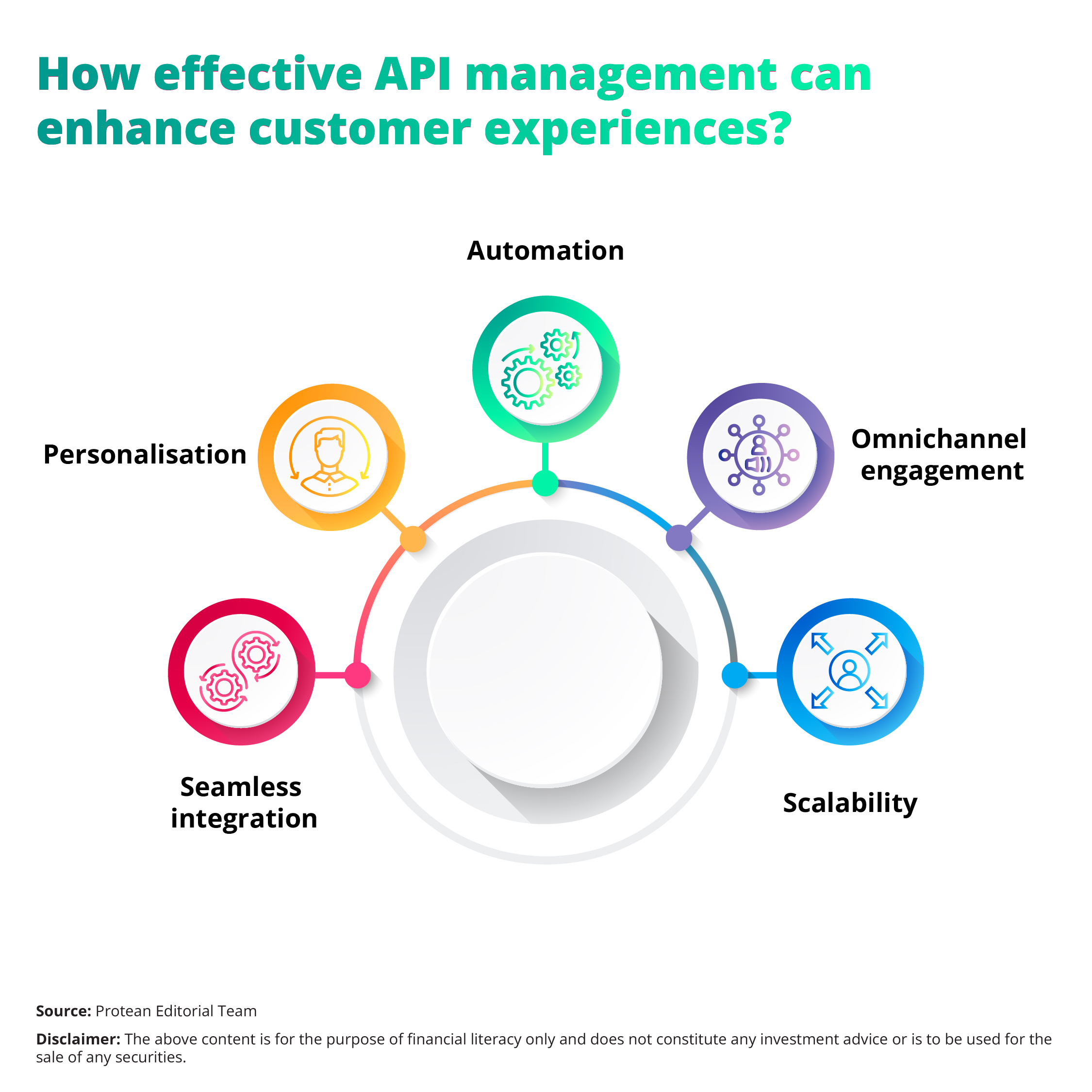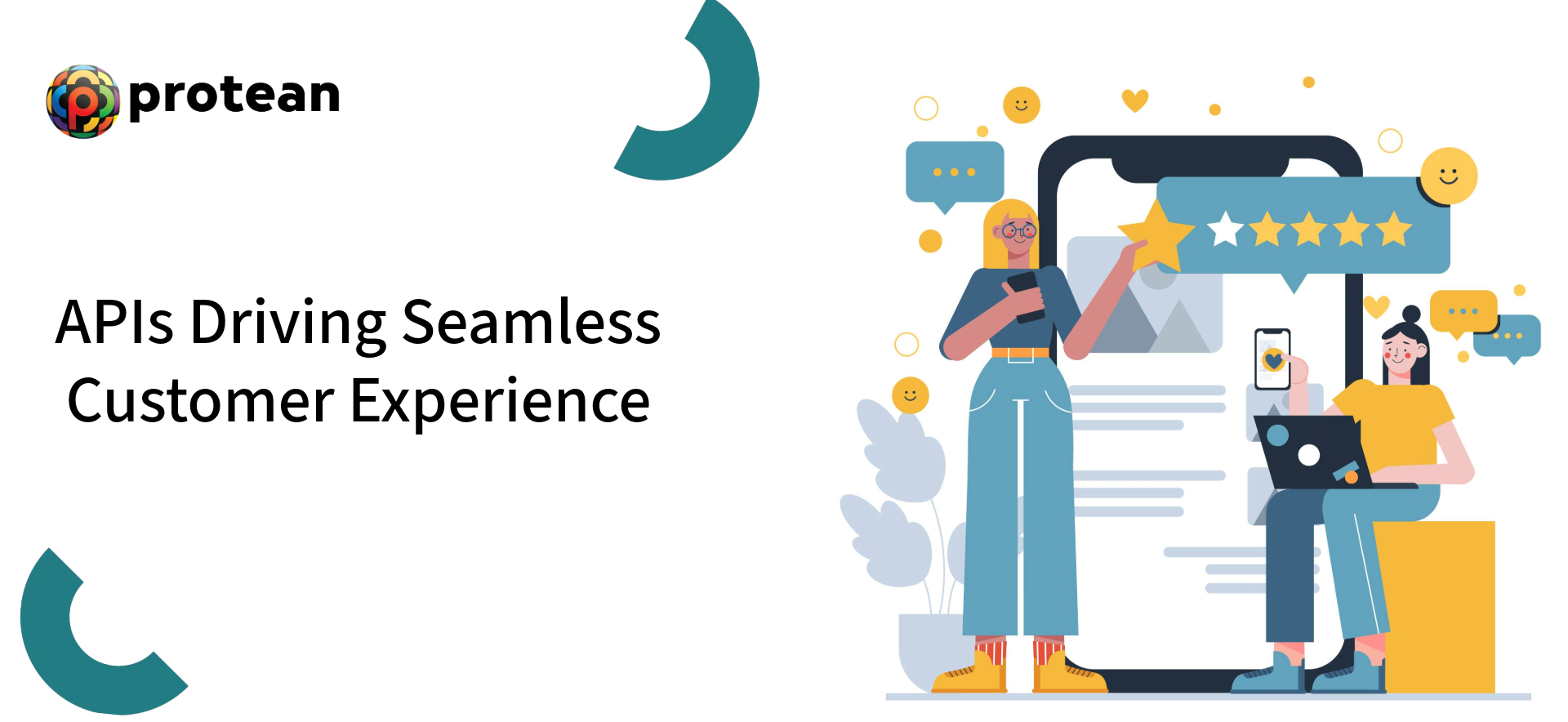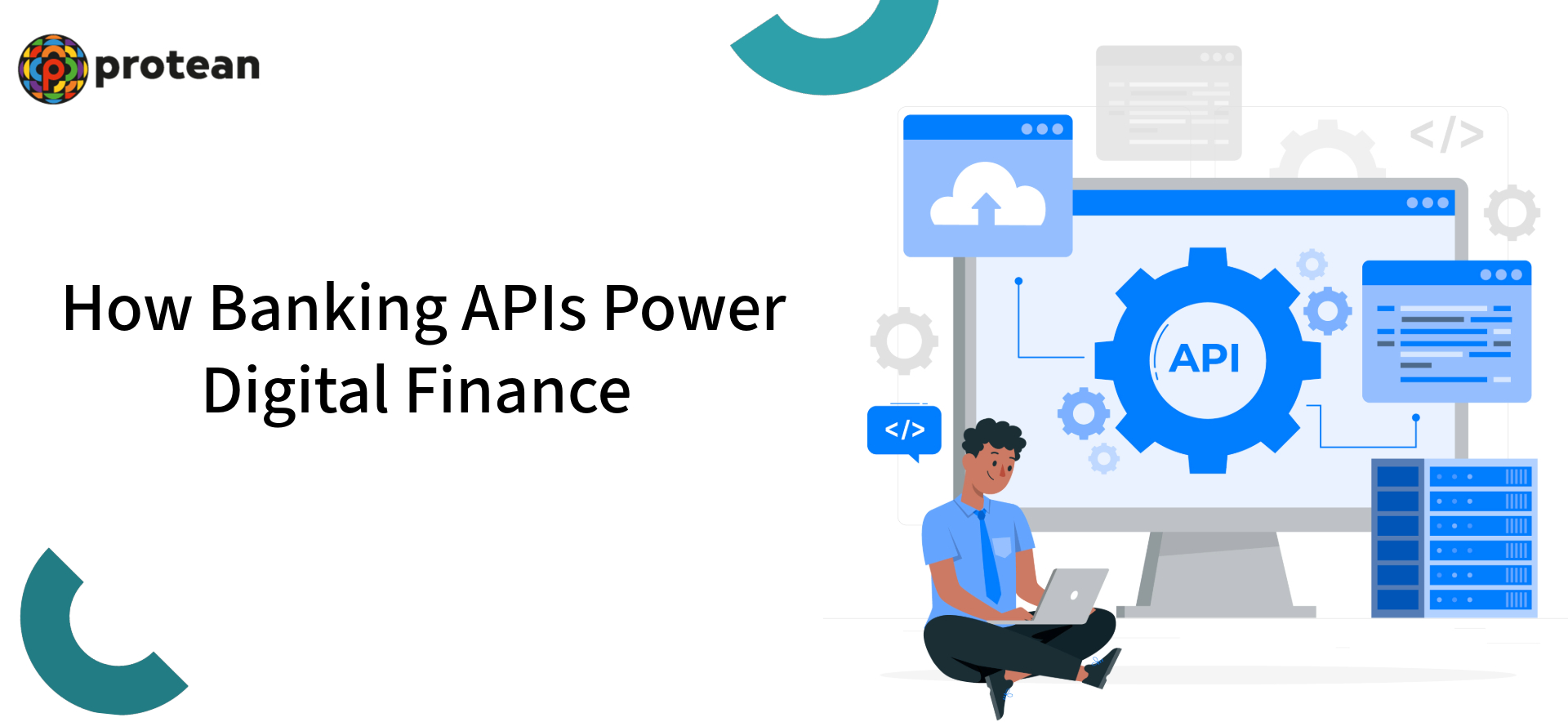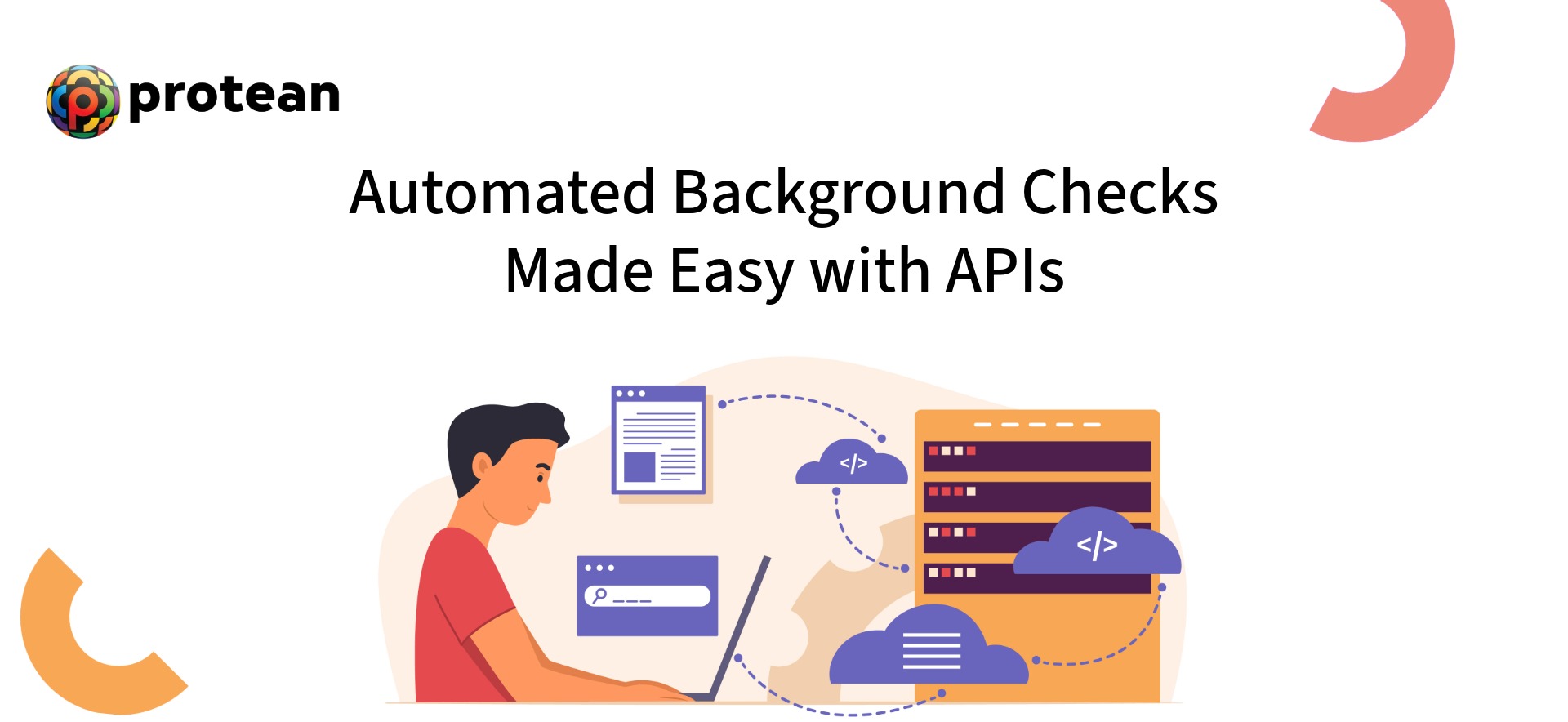Blogs
How APIs Improve Customer Experience: Strategies for Business Success
Are you looking for benefits of API and ideal API management tools? Let’s look at API management as a tool for digital transformation and business success.
In today’s digital age, customer experience (CX) is a cornerstone of brand loyalty and business growth. Exceptional CX can do the following:
- Foster trust
- Encourage repeat business
- Differentiate companies in competitive markets
At the heart of delivering seamless digital interactions lies the Application Programming Interface (API).
API is an invisible technology enabling systems to communicate effortlessly. APIs power the integration of services, data, and applications, creating fluid, user-friendly experiences.
Here are major details on how effective API management can enhance customer experiences, driving business success through:

So, let’s learn more about aligning API management with the goals of digital transformation in this article.
Understanding API and Customer Experience
An API is a set of rules that allow different software applications to communicate, share data, and perform functions collaboratively.
They act as bridges, enabling integration between disparate systems like websites, mobile apps, and back-end databases. Exceptional customer experience is defined by personalisation, responsiveness, ease of use, and consistency across touchpoints.
APIs are foundational to meeting these expectations, enabling businesses to deliver cohesive, responsive, and tailored services that align with modern customer demands, ensuring a frictionless digital journey.
Seamless API Integration for Unified Experiences
An API breaks down data and system silos. It can enable businesses to create unified customer experiences.
For instance, a customer portal can display account details, order history, and support tickets in one interface, even if the data resides in separate systems like CRM, ERP, or e-commerce platforms.
Organisations like Protean eGov Technologies leverage API management to integrate services, enabling seamless user journeys. An API can foster trust and satisfaction among customers by:
- Reducing friction
- Eliminating disjointed interactions
- Delivering a consistent experience
- Connecting multiple services under a single interface
API Management Personalisation and Real-Time Insights
An API can enable businesses to collect and analyse customer data from diverse sources such as web, mobile apps, CRM systems, and social media, which fuels personalised experiences.
For example, API’s power product recommendations based on past purchases, real-time offers tailored to user behavior, and dynamic content like personalised notifications.
Personalised interactions can increase repeat purchases and boost loyalty.
An API can facilitate real-time data access, allowing businesses to provide timely updates, such as order status or delivery tracking, ensuring customers receive relevant, context-aware information that enhances their experience and drives engagement.
Automation and Faster Issue Resolution through API
API-powered automation streamlines workflows, benefiting both customers and employees.
For instance, APIs automate processes like order-to-delivery tracking, sending real-time notifications without manual intervention.
The API technology can reduce errors by eliminating manual data entry, enable faster query resolution by providing customer service agents with instant access to integrated data (e.g., CRM, billing), and power chatbots for 24/7 support.
The use of an API has the capacity to automate customer service and reduce resolution times. An API can significantly enhance customer satisfaction and operational efficiency by enabling self-service options and faster issue resolution.
Enabling Omnichannel Engagement with API Management
Omnichannel engagement can ensure consistency across multiple customer touchpoints such as web, mobile, social media, and chat. This can create a cohesive brand experience.
An API can enable businesses to track customer interactions across channels and share data in real time, ensuring personalised and consistent engagement.
For example, a customer starting a query on a mobile app can seamlessly continue via chat without repeating information.
An API can integrate various touchpoints, enabling businesses to deliver unified, context-aware interactions that meet modern customer expectations and strengthen brand loyalty.
Scalability, Cost Efficiency, and Future-Readiness
An API can support scalable business models by enabling rapid deployment of new features and services as customer needs evolve.
Effective API management can reduce costs through:
- Automation
- Eliminating redundancies
- Optimising workflows
For instance, Protean’s API platforms can help reduce operational costs for public sector services.
The API technology can also unlock new revenue streams by allowing businesses to expose APIs as products for third-party developers, fostering partnerships and innovation.
In the context of digital transformation, an API can future-proof customer engagement strategies, ensuring businesses remain agile and competitive in a rapidly evolving market.
Conclusion
It can be concluded that APIs are pivotal in enhancing customer experience as it enables seamless integration, personalisation, automation, omnichannel engagement, and scalability.
An API can create unified interfaces. They can do this by leveraging real-time data, they deliver personalised interactions; and through automation, they ensure faster issue resolution.
Further, efficient API management can also power consistent omnichannel experiences and support scalable, cost-efficient operations, aligning with digital transformation goals of businesses.
Hence, businesses should evaluate their current CX strategies, identify high-impact areas for API integration, and consult with API specialists for such integration.
Embracing API management could be a strategic step towards delivering exceptional customer experiences and achieving long-term success for businesses.






